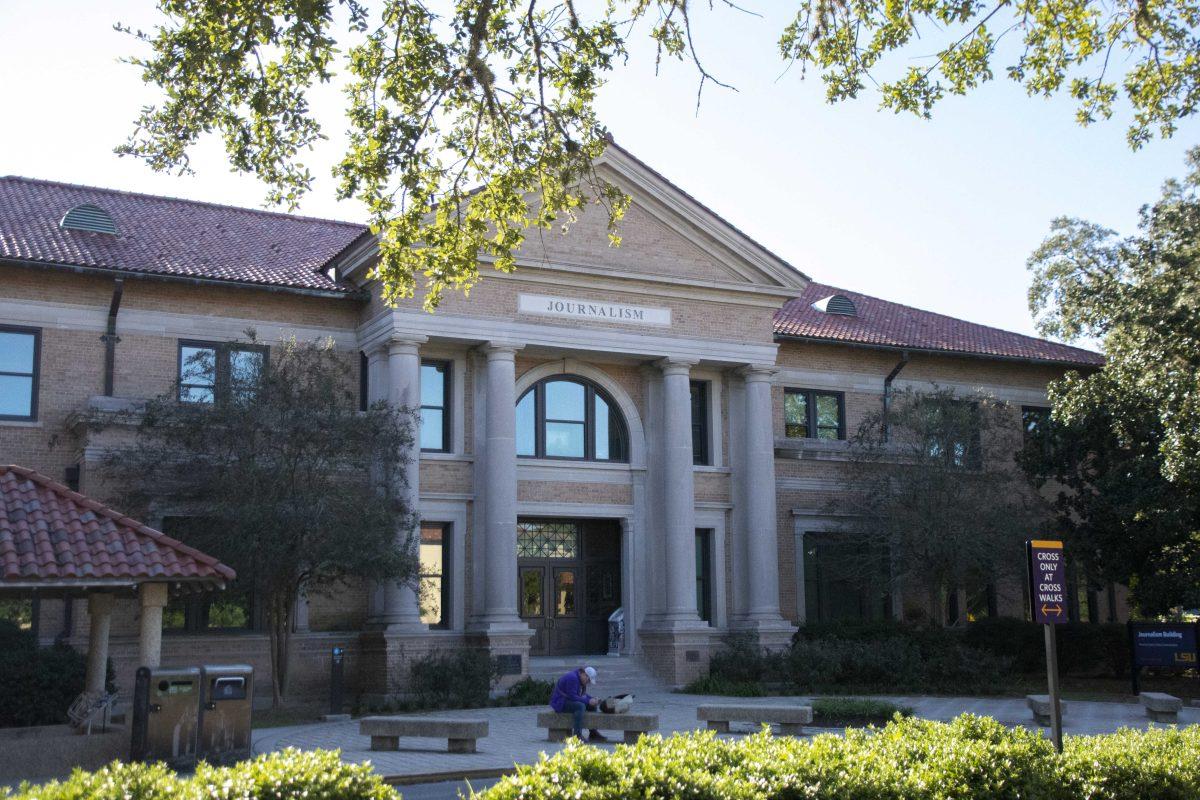Last week, the Louisiana Board of Regents named the School of the Coast and Environment the University’s newest college. The change comes in recognition of the program’s achievements in research and education, according to a press release from the LSU Media Center.
The College of the Coast and Environment has grown steadily since its founding in 2001. The program grew from three undergraduates and 83 graduate students in fall 2008 to 85 undergraduates and 121 graduate students in fall 2015, according to data from the Office of Budget and Planning.
Christopher D’Elia, professor and dean of the College of the Coast and Environment, said the transition has been in the works since he came to the University in 2009. The new distinction confirms the college’s place among other University programs.
“It’s an affirmation that LSU values what we do and that they have high expectations for us,” D’Elia said.
The University’s expectations mirror D’Elia’s own expectations for the program’s performance. He is proud of both the college’s perseverance in the face of recent years’ budget cuts and the program’s ability to continue delivering high-quality work.
The college managed to prevent a loss of faculty despite a continuously decreasing budget. Maintaining faculty is important due to the program’s small size, he added.
The college’s faculty provides students with the interdisciplinary education necessary to tackle today’s toughest ecological problems. He said the interplay of a broad range of sciences with economic, legal and social science principles is a hallmark of the program.
“The most important thing we do is educate the next generation,” D’Elia said. “We help educate the people that will be hired by state and federal agencies, by industry, by nonprofits, as they seek to deal with the environmental problems that Louisiana has.”
Issues impacting Louisiana also have implications around the world. At the 2016 Ocean Sciences Meeting in New Orleans, the college interacted heavily with a delegation from China experiencing similar ecological issues in its river deltas, D’Elia said.
He said the program’s international presence and focus on global issues is an important aspect of the college and a key factor in ecological study. The program’s new distinction as a college provides parity among similar institutional organizations and helps establish the program’s prominence in the global academic community, D’Elia said.
“I think we stack up very well and people come here to seek us out because they know that we’re very good and we’re proud of that,” D’Elia said.
School of Coast and Environment named the University’s newest college
March 1, 2016
The Memorial Tower on Feb. 15, 2016.
More to Discover













